President Richard Nixon fired the first shot in the war on drugs when he declared drugs as “public enemy No. 1” during an address to the nation in the summer of 1971, but the year before, he was already sending warning shots out to potential perpetrators—including rock ‘n’ roll and the radio stations that played it. In October of the previous year, Nixon began a not-so-subtle shift in the government’s influence over the airwaves by imploring radio stations to ban all songs that mentioned drugs.
Videos by American Songwriter
Of course, this task proved easier said than done. The implication of the governmental request is that any song mentioning drug use, good or bad, increases the substances’ ubiquity and, thus, control over the country. During his October 14 address, Nixon carefully straddled the fence between suggestion and censorship. Citing that “98 percent of those between the ages of 12 to 18 listen to the radio,” Nixon said, “I do not think it is proper for Government to come to people in the private sector and say you must do this or that for the public good.”
“On the other hand,” he continued, “I think that all of you would agree that it is the proper province and responsibility of your national leaders, and particularly in the Government, when there is a great national issue, to try to present that issue. Then, in the event, in your own judgment and in your newsrooms and in your programming, you feel that you could cooperate in your interest and in the national interest, we ask you to do so.”
Rock ‘n’ Roll Becomes a Major Enemy in President Nixon’s War on Drugs
In the months that followed Richard Nixon’s October 1970 address, the government became increasingly more demanding of radio stations to avoid drug-related music. What started as a hands-off suggestion became a public notice by the Federal Communications Commission for all broadcast licensees to “be aware of the lyrics they were broadcasting,” per Rolling Stone. Although the notice technically only stated that broadcasters ought to be aware of what they’re playing on the air, the threat was clear. For one thing, broadcasters already were aware of what was playing because they were the ones physically playing it. However, if these radio stations weren’t playing what the government deemed appropriate, the FCC statement read, “It raises serious questions as to whether continued operation of the station is in the public interest.”
Several songs came under governmental fire over their drug associations. This included (but was certainly not limited to) “White Rabbit” by Jefferson Airplane, “A Little Help From My Friends” by The Beatles, and “Eight Miles High” by The Byrds. During a White House conference in January 1971, Nixon and Attorney General Mitchell spoke in front of 75 radio executives, condemning songs like “Acapulco Gold”, “Don’t Bogart Me”, and “Lucy in the Sky With Diamonds”. The presentation also featured slides of “creepy hippie posters, Woodstock revelers, and festival and street riots,” according to Rolling Stone.
Despite Nixon and other government officials using these rock ‘n’ roll songs as examples of tracks that shouldn’t be on the radio, they never explicitly said not to play them. “That,” FCC Commissioner Robert E. Lee told Rolling Stone, “would be getting close to censorship.”
Photo by Bettmann/Getty Images


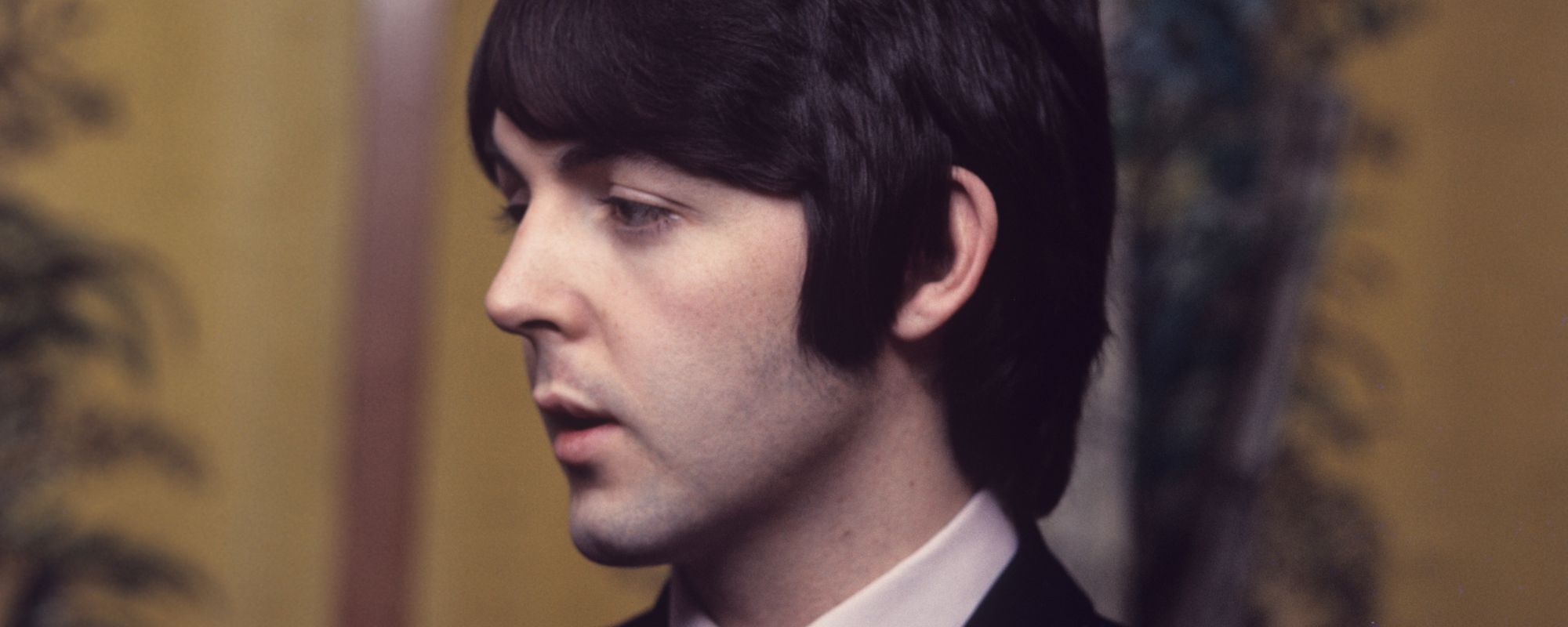

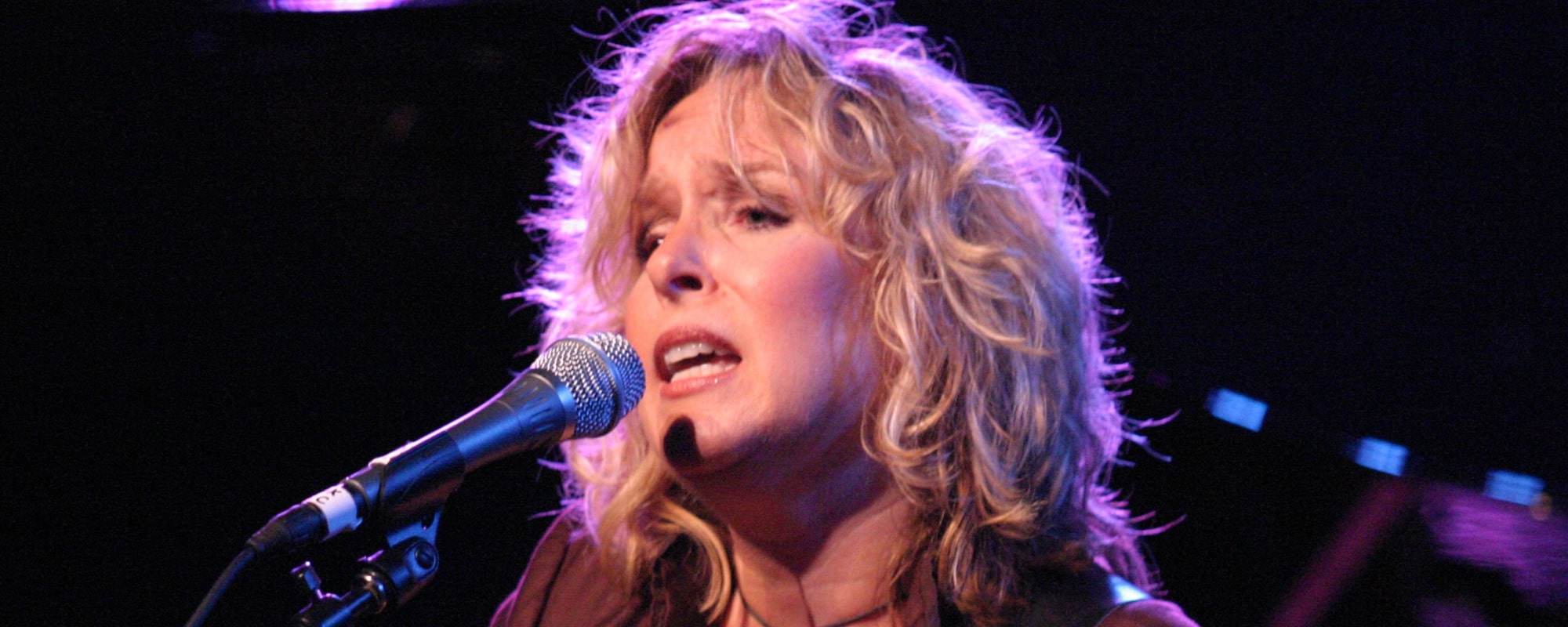
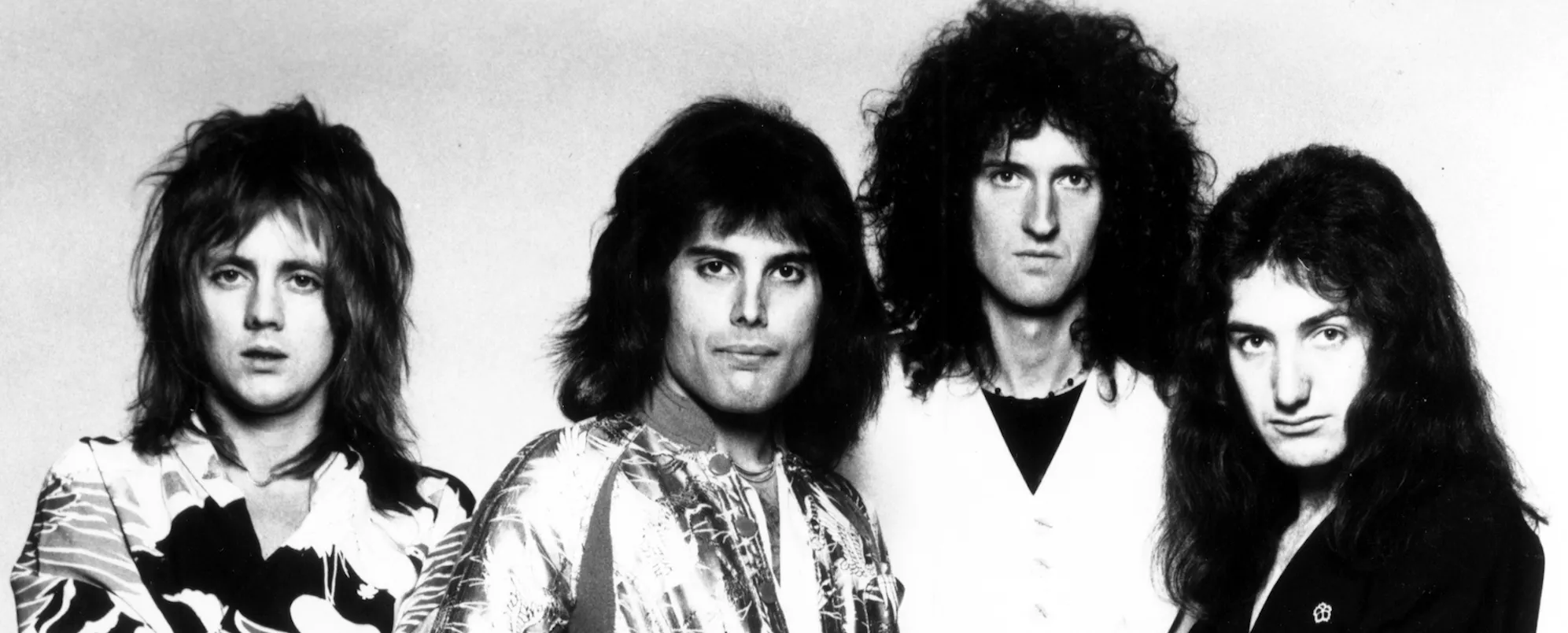
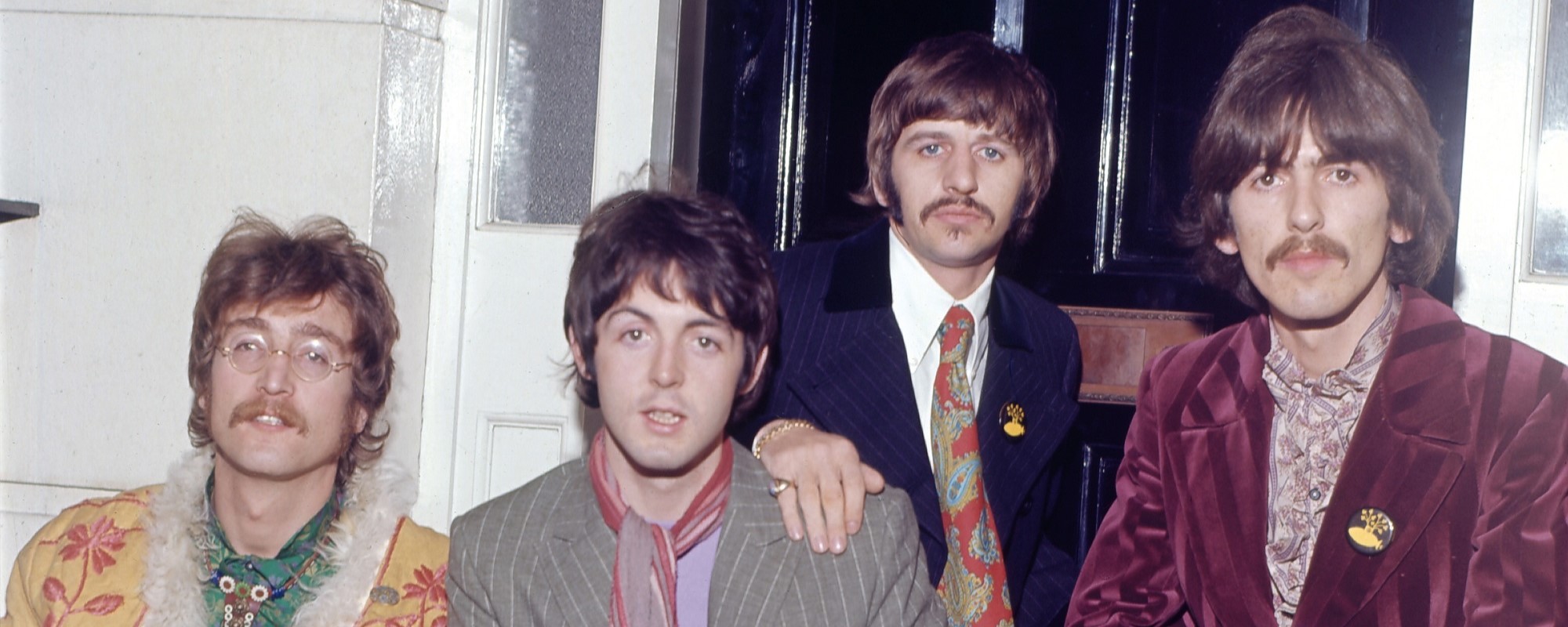
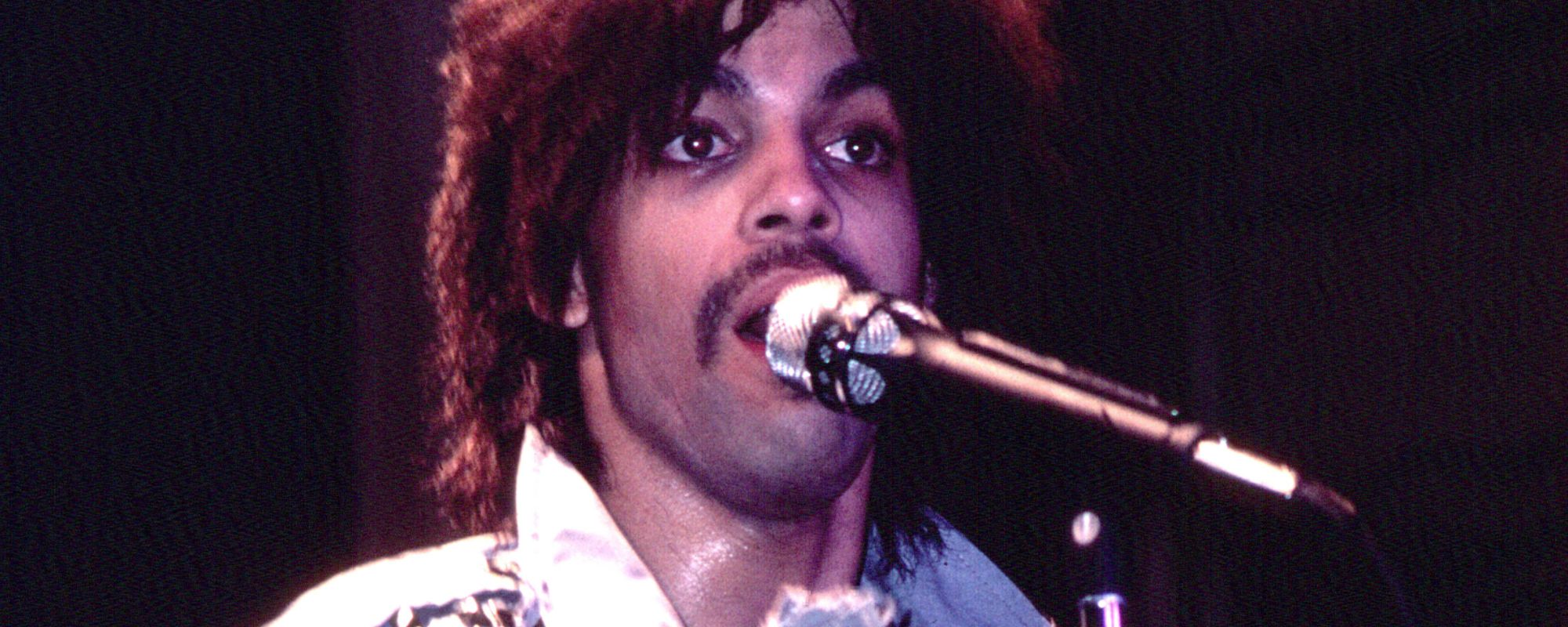

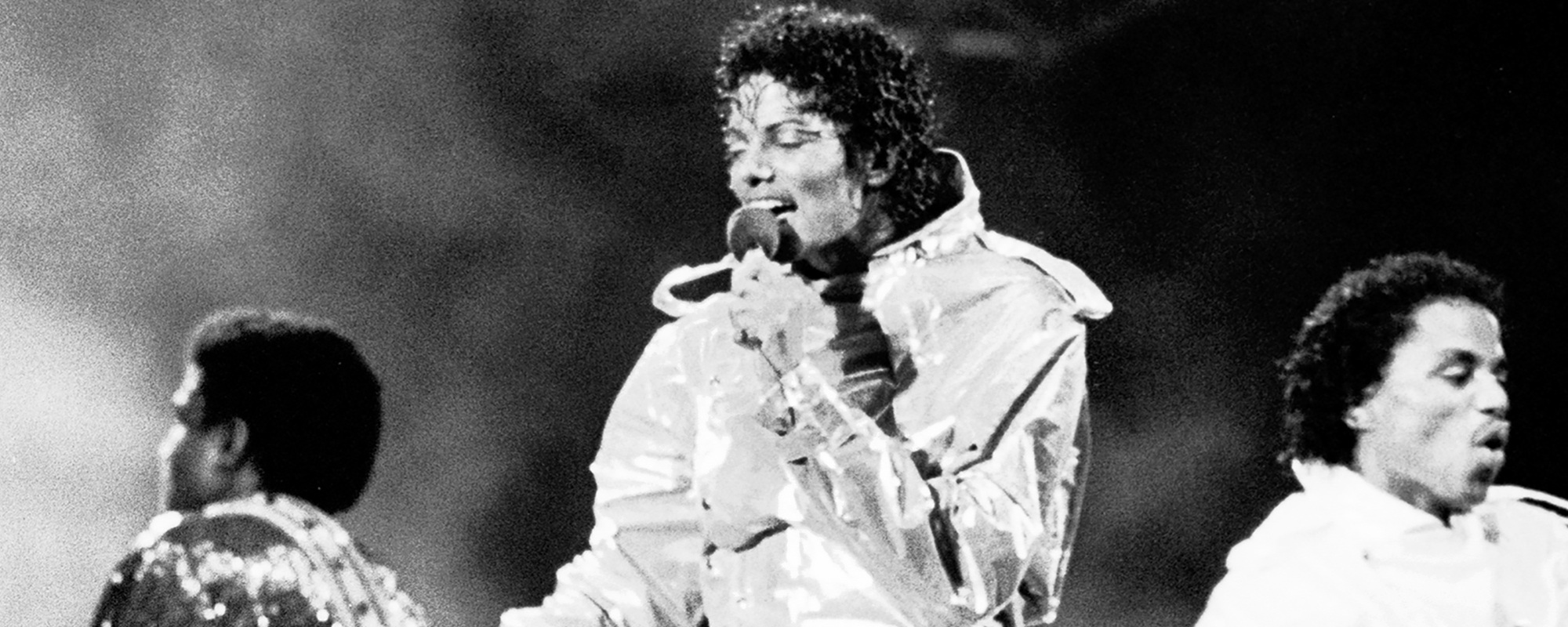
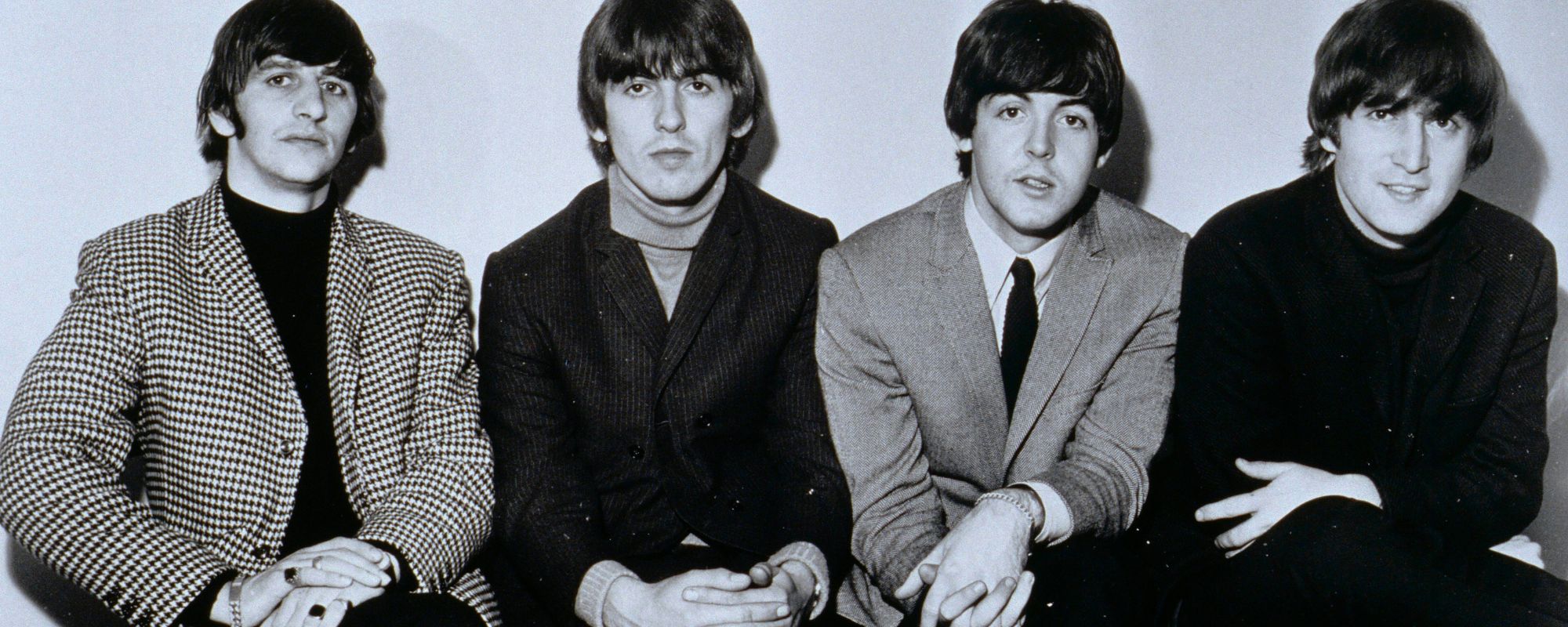
Leave a Reply
Only members can comment. Become a member. Already a member? Log in.